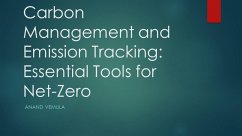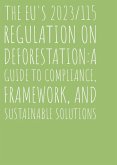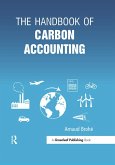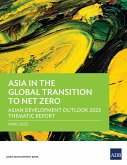The book begins by establishing the foundational principles of carbon management, including an overview of carbon accounting, lifecycle analysis, and product carbon footprinting. It examines carbon intensity across industries, highlighting unique challenges and opportunities in sectors like energy, manufacturing, and agriculture.
Advanced tools and technologies take center stage in the next section, exploring how artificial intelligence, IoT, and blockchain revolutionize emission tracking and transparency. Carbon capture, utilization, and storage (CCUS) is analyzed for its transformative potential in heavy industries, while the role of digital solutions in optimizing energy efficiency and real-time monitoring is thoroughly discussed.
The regulatory and market dynamics section delves into global carbon policies, compliance frameworks, and the growing significance of carbon markets. It evaluates mechanisms like carbon pricing, high-quality offsets, and ethical considerations in offsetting strategies.
The book also provides actionable insights into decarbonization strategies, such as creating corporate net-zero roadmaps, supply chain transformation, renewable energy adoption, and nature-based solutions like afforestation and blue carbon initiatives. Emerging trends, including AI, circular economy innovations, and next-generation materials, illustrate the cutting-edge advancements shaping the future.
Concluding with a vision for the future, the book underscores the importance of financing mechanisms, climate-positive strategies, and global collaboration in accelerating the net-zero transition. By reimagining a low-carbon future and building resilient, inclusive communities, this book offers a hopeful yet pragmatic guide to achieving climate goals.
Ideal for policymakers, business leaders, sustainability practitioners, and researchers, this book serves as both a roadmap and a call to action for creating a sustainable, carbon-neutral world.
Dieser Download kann aus rechtlichen Gründen nur mit Rechnungsadresse in A, B, CY, CZ, D, DK, EW, E, FIN, F, GR, H, IRL, I, LT, L, LR, M, NL, PL, P, R, S, SLO, SK ausgeliefert werden.









